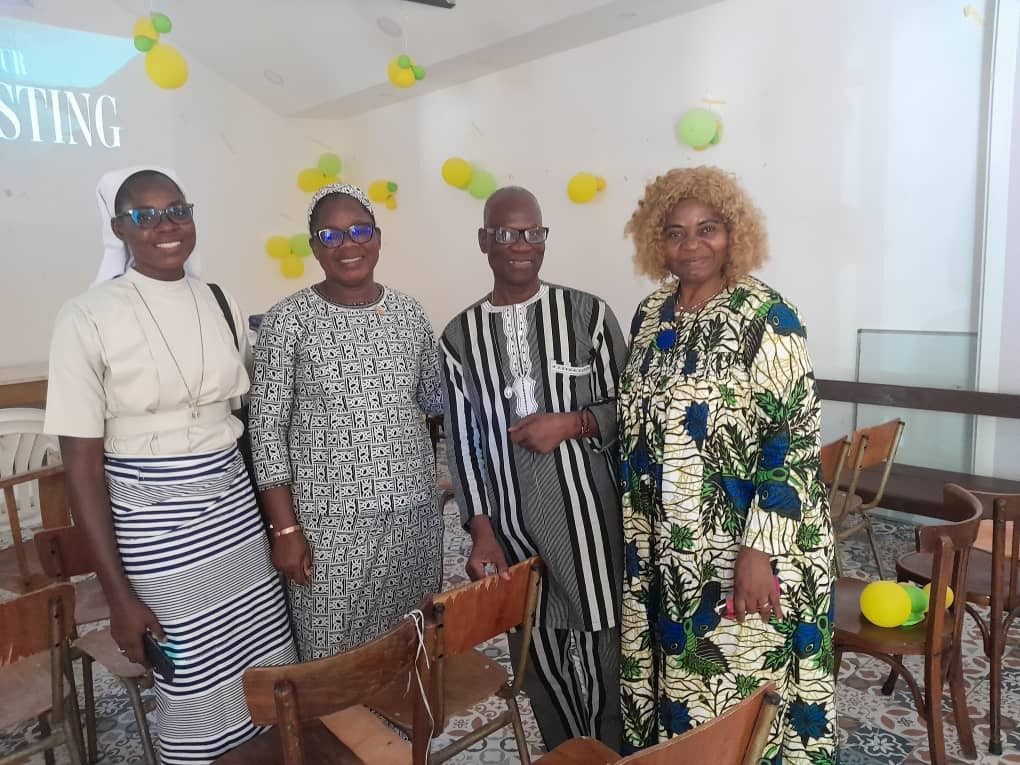Journeying in Dignity: Talitha Kum Kenya Youth Ambassadors
On January 29th, 2024, Talitha Kum Youth Ambassadors brought their message of hope and empowerment to life in Kiambu County, Kenya, reaching over 65 young people with a powerful and engaging initiative. With the catchword #JourneyWithDignity, the event focused on helping youth navigate life safely, confidently and free from the traps of human trafficking.
This dynamic session was more than just a workshop, it was a movement. Through vibrant discussions, real-life scenarios and hands-on learning, participants deepened their understanding of the root causes of trafficking and how to recognize the warning signs. The atmosphere buzzed with energy as young people shared stories, asked bold questions and leaned into peer-to-peer learning that nurtured unity and collective action.
Seasoned facilitators Mary and Wilson from Talitha Kum Kenya brought heart and insight to the room, using a youth-friendly, interactive style to explore critical topics like online safety, fake job offers and how traffickers manipulate vulnerability. Group discussions built a sense of connection and reminded participants that protecting one another starts with awareness and solidarity.
By the end of the day, young people walked away not only better informed but inspired to be part of the solution, determined to protect themselves and their peers. The success in Kiambu has already sparked plans to bring this model to other counties across Kenya, alongside the development of tailored educational materials to reach even more youth.
With this momentum, the Youth Ambassadors remain committed to expanding their reach and strengthening the movement to end human trafficking—one empowered young person at a time.







